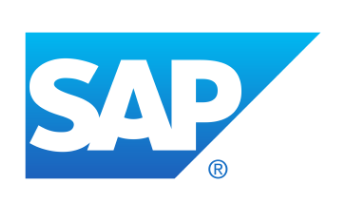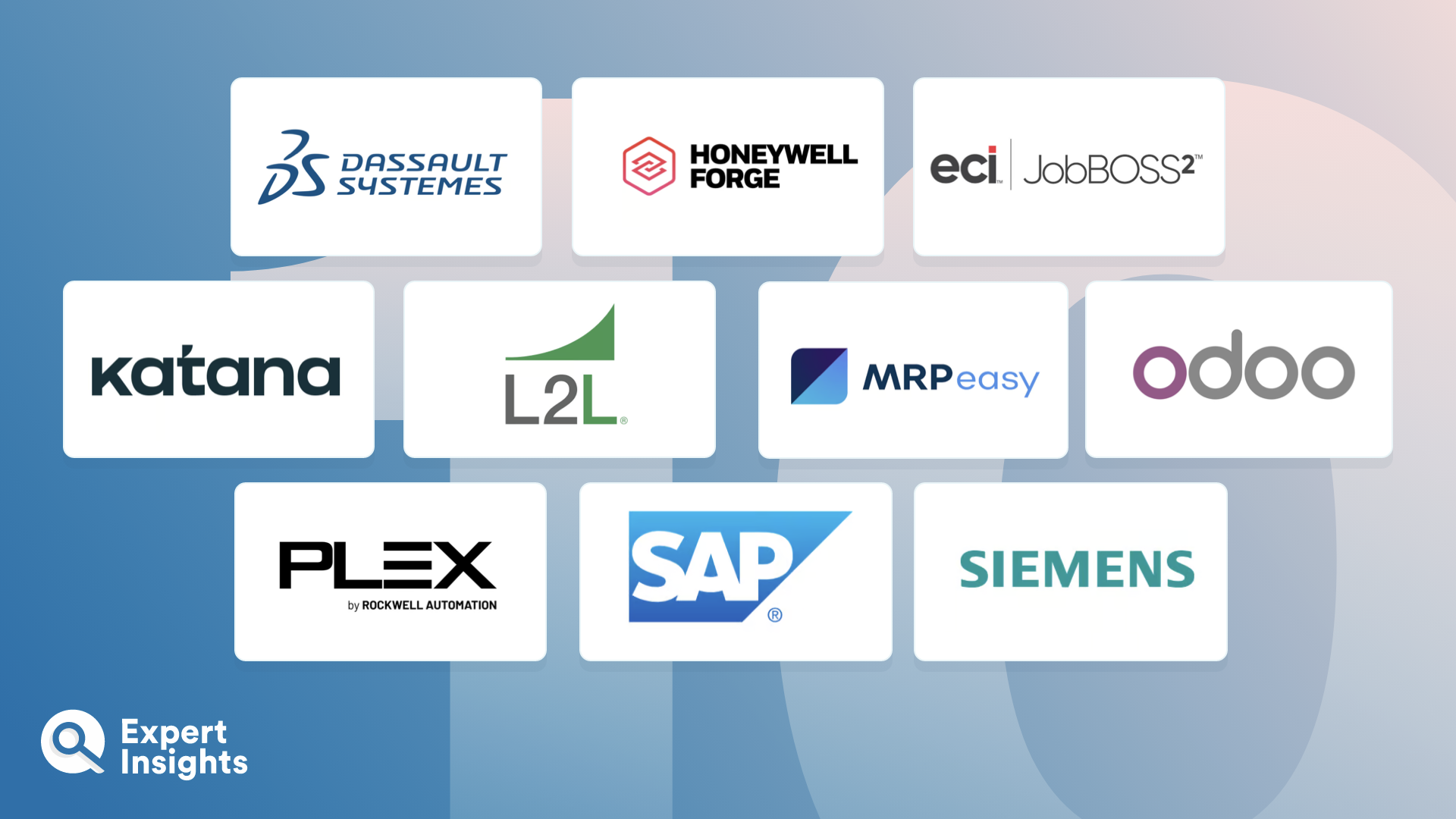Everything You Need to Know About Production Planning Solutions for Manufacturing (FAQs)
What Is A Production Planning Solutions for Manufacturing Solution?
Production planning allows manufacturers to better optimize their process and reduce lead times before production starts, or before making any significant investments. It can also help to reduce the risk of overproduction and stockouts, which increases the likelihood that production jobs will be finished on time and to a standard expected by customers and clients.
A production plan is a document that details the steps of the production processes, which were investigated and plotted during the planning phase.
Production Planning Solutions for Manufacturing are software tools that aid manufacturing entities in the orchestration of their production planning activities. They facilitate seamless coordination of scheduling, materials management, and manufacturing processes. These solutions work by integrating data from various areas of a business to provide a comprehensive overview of the production line.
How Do Production Planning Solutions for Manufacturing Work?
Production planning tools for manufacturing work by leveraging a combination of technology, data analysis, and process optimization to streamline production operations. Using sophisticated algorithms, these applications help to identify potential bottlenecks in the manufacturing process. They assist with resource allocation, workflow optimization, and can also forecast future demands.
By using one of these solutions, businesses can improve their productive capacity, minimize waste, and increase operational efficiency. Choosing the right Production Planning Solution for your manufacturing operations can mean increased productivity and minimized costs, so it is important to look for a solution that can provide real-time insights and accommodate your business growth. Make sure its capabilities align with your business goals and production needs, and that it can integrate seamlessly with your existing systems.
What Are The Benefits Of Using A Production Planning Solution for Manufacturing?
Effective production planning is useful for helping companies to keep manufacturing costs down while keeping customer satisfaction and profitability high. Some other key benefits of implementing a production planning solution for manufacturing include the following:
- Resource Visibility. A good production plan outlines the necessary processes and required materials, including detailing what needs to be procured and what the business already has. This enhanced resource visibility makes it easier to plan around the company’s financial situation and current production capacity.
- More Efficient Processes. Production planning helps to highlight bottlenecks, inefficiencies, and issues that are cause for concern in the existing manufacturing system. By improving efficiency, these solutions allow organizations to proactively improve their approaches, so progress remains streamlined, and money is not wasted.
- Reduces Waste. By optimizing processes and inventory, organizations can gain a better understanding of their needs. This makes it easier to spot wasteful activities and reprioritize resources to avoid unnecessary expenditure.
- Lowered Production Cost. Accurate forecasting can reveal opportunities for cutting spending and making smarter purchasing decisions.
- Boost Customer Satisfaction. Good production planning means manufacturing lead times are reduced, so customers benefit from shorter wait times. It also means sales are less likely to be missed due to stockouts, which helps to maintain customer satisfaction.
Production planning leads to improvements in both productivity and cost savings. A good production planning solution for manufacturing can go a long way in creating opportunities for cost saving, quicker production, and keeping customers happy.
What Features Should You Look for When Choosing Production Planning Solutions for Manufacturing?
When choosing Production Planning Solutions for Manufacturing, you should take note of the following crucial features:
- Multi-Site Planning. Support for management of manufacturing operations across multiple locations is an essential feature for businesses that operate in numerous sites. Multi-site planning enables centralized control and visibility over the production process, resources, and inventory levels across all site locations, which leads to better resource allocation and more synchronized production schedules. It also facilitates better collaboration and decision making between sites, which helps to ensure good alignments with overall business objectives.
- Production Scheduling. This refers to the process of determining when and in what sequence each production activity should take place to meet both production goals and customer demands. This typically involves assigning resources like materials, machines, and labor, to certain tasks and allocating times slots for their executions. A detailed and well-organized schedule for production helps to maximize efficiency and avoid bottlenecks.
- Raw Material Management. Raw material management refers to the overseeing of the procurements, inventory, and usage of the various raw materials required for production processes. The ability to manage, monitor, and control the use of raw materials throughout production stages is important to minimize waste, limit production delays, reduce inventory holding costs, optimize work capital, and maintain quality standards.
- Integration Capabilities. Seamless integration with other existing business systems such as ERP, MRP, and CRM is important for better data interoperability and coordination. Integration allows for seamless connectivity and communications between systems, processes, and stakeholders, which is vital for optimizing the production process.
- Real-Time Analytics. Availability of real-time data insights and predictive algorithms to aid decision-making and strategic planning provides manufacturers with the means to identify issues, make data-driven decisions, and take swift corrective actions. These analytics will typically cover key performance indicators like production outputs, machine downtime, quality metrics, and inventory levels.
- Workflow Automation. This involves using technology to streamline and automate tasks or activities based on the predefined rules to reduce manual inaccuracy and delays. The automating of specific production related processes, including order processing, scheduling, inventory management, and quality control allows manufacturers to enhance visibility and control over production activities, responds quickly to market changes, and better allocate resources.
- Scalability. Any production planning solutions for manufacturing you consider implementing must be able to expand as the needs and size of your business grows. It should cater for future growth of the manufacturing operations without having to replace the system.
















